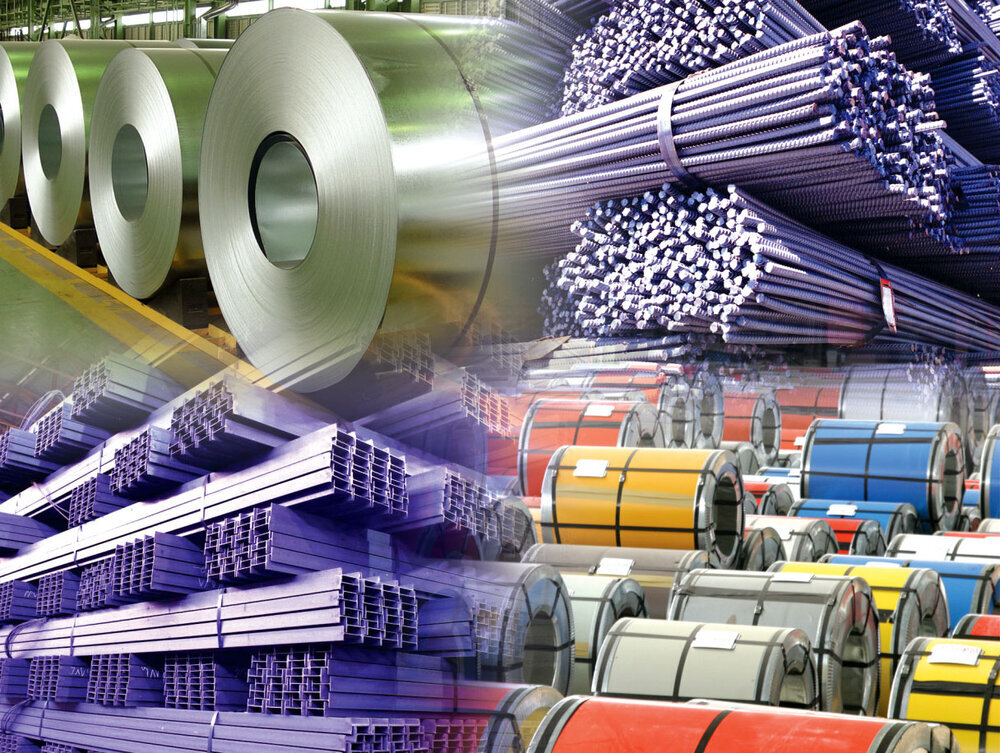Technologies to decarbonise steelmaking require greater use of clean energy, scrap and green raw materials; however, supply of these continues to be limited, creating uncertainty over whether steelmakers can meet EU decarbonisation targets. So said participants at the Kallanish Europe Steel Markets 2022 conference in Milan on Monday.
“The way the steel sector’s production to become CO2 net-zero passes from the increase in natural gas use in the short term to getting completely hydrogen supplied in the long term,” commented ArcelorMittal climate change head Stephane Tondo. “The decarbonisation of primary steelmaking remains the key for reaching our reduction in emissions target”.
The transition from blast furnace method to DRI technology also requires a greater share of scrap and new sourcing of clean energy, he observed.
“Securing scrap and renewable power will be critical, since other sectors are also trying to procure regular supplies. The access to electricity is seen as the centre of the battle,” Tondo observed.
ArcelorMittal’s objective to transform 32 million tonnes of its steel output in Europe, however, is also facing legal and funding issues. “Our investments in decarbonisation projects are surpassing €10 billion, and we need the support of local governments and national funds to carry out this process,” Tondo appealed. He confirmed the steelmaker is already discussing the support with some countries where ArcelorMittal has a presence.
Meanwhile, Gilles Calis, managing director of Steel Consult International, estimated that the short-term solution to the carbon-neutral way should be led by raising scrap use rates in the BOF, while decreasing reductants through hydrogen and coke gas injection, plastics, waste and biomass charging. In the long-term, hydrogen-based DRI technology will play the main role.
“Europe has a scrap surplus of around 20 million tonnes/year that is currently exported. In the near future, this excess of material is likely to be used within the region, by both integrated mills in their BOFs and by scrap-based EAFs, as scrap becomes a more valuable ‘green’ raw material in the region,” Calis noted. Integrated steel mills face huge challenges in their decarbonisation processes, he added.
“DRI using green hydrogen has an operational cost of up to 50% higher than BF/BOF steel. It is not just the cost of H2 that is more expensive, but also the need to use mainly expensive raw material as pellets,” Calis said.
Other hurdles include natural gas cost and availability, competition with other sectors for green energy supplies and its availability and reliability. “Progress has been slow so far, but emissions are expected to decrease more steeply in the future. However, zero-carbon production will require much more time beyond 2035,” Calis observed.
“The phasing out of free allowances and extra fast-rising CO2 prices as a result of the European Commission Fit for 55 package of regulatory proposals of 55% net reduction in greenhouse gas emissions by 2030, if going ahead as proposed, will lead to much higher Emission Trading System (ETS) costs of between €100-300/tonne steel produced, even if EU mills proceed with their decarbonisation plans,” he explained.
Meanwhile, Max Hettler, sustainability director at Metalshub and consultant at Boston Consulting Group, said European mills are facing difficult decisions, while decarbonising the steel supply chain requires close collaboration, starting from mining, through investors and end-users. “Green steel starts in the procurement department. Supply chain decarbonisation requires collaborative engagement,” he commented. Transparency on Scope 3 emissions becomes increasingly important and mandatory for selling green steel products, he added.
“Supplier readiness to provide CO2 data varies drastically, and steelmakers need to collaborate in order to drive progress. Meanwhile, their internal sustainability, procurement and sales departments often seem disconnected. Everyone acknowledges Scope 3 as a key topic, but many are still hesitant to act,” Hettler concluded.
Todor Kirkov Bulgaria






